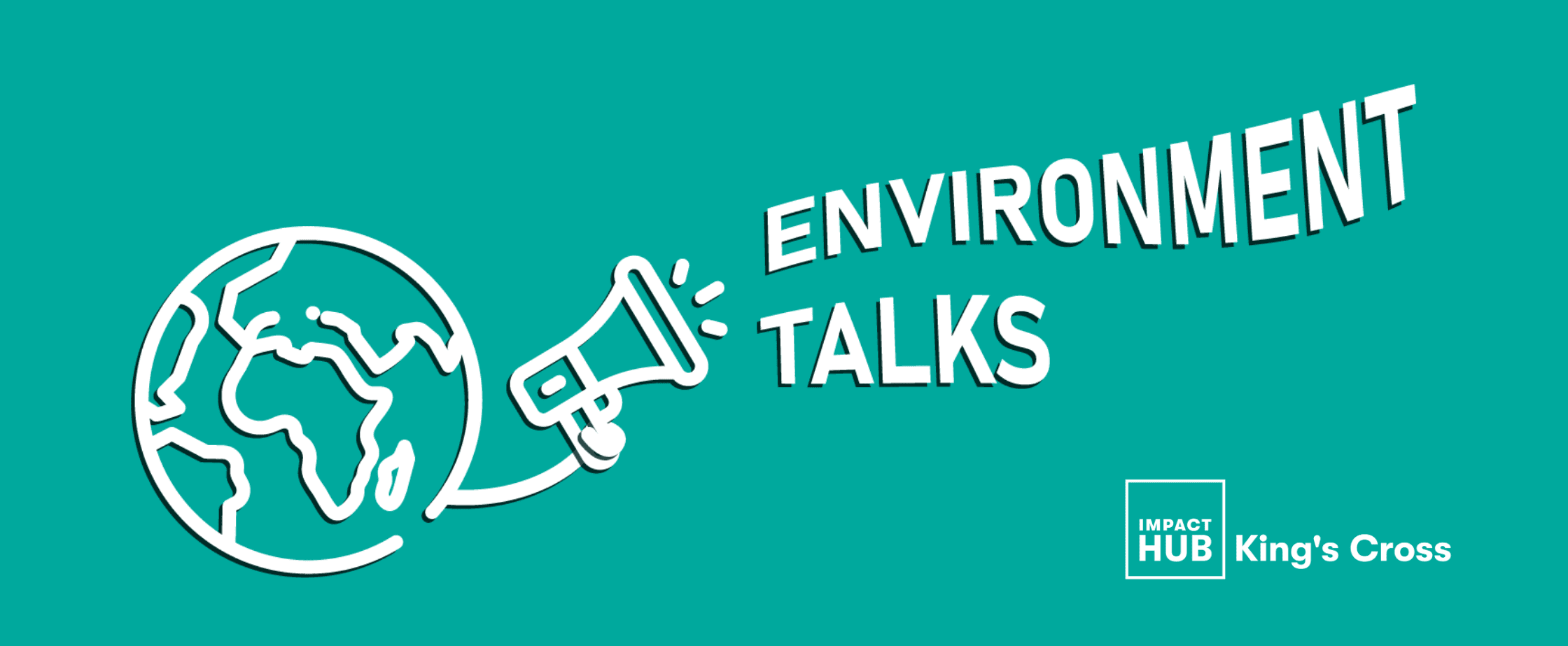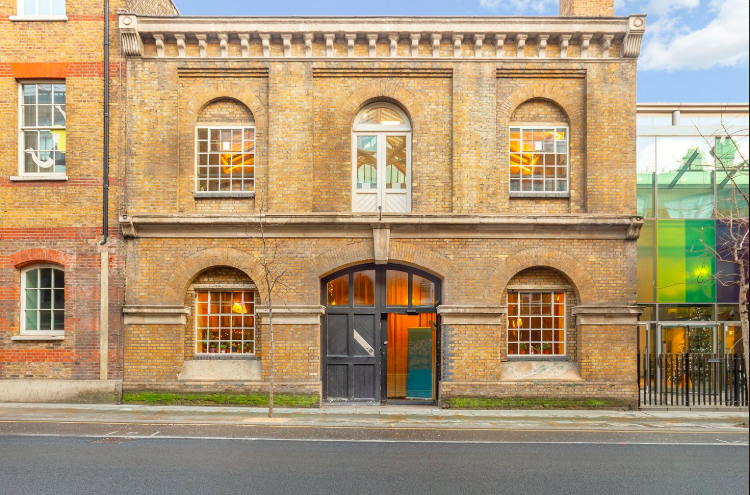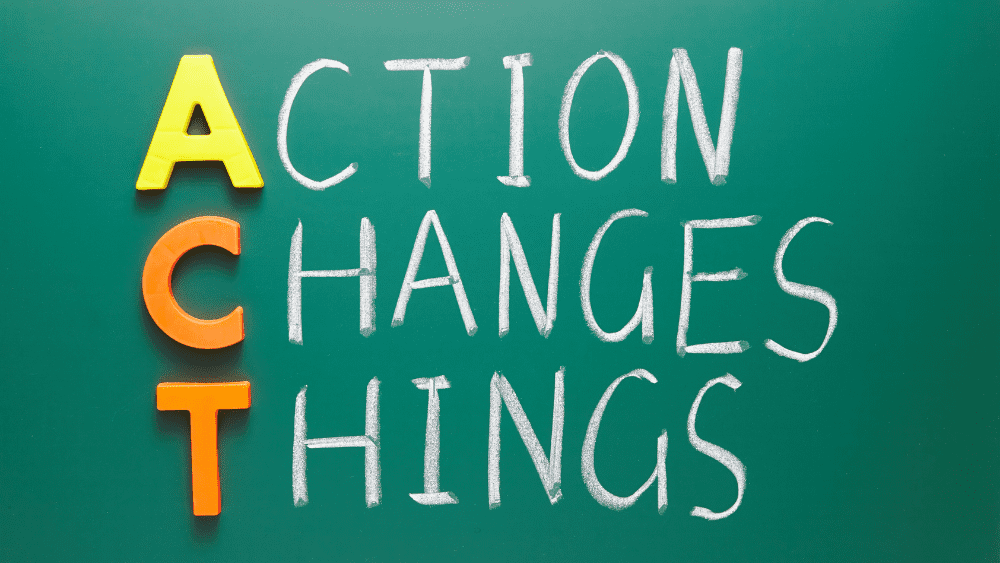Our Managing Director Devi Clark highlights why it might be time to embrace imperfect action, and what the next steps are at Impact Hub King’s Cross to tackle climate change.
Action on the Climate Emergency
Like many others, I sometimes feel overwhelmed by the scale of the climate change challenge. Many of the solutions either feel too small (does not buying plastic really make much difference?) or too large (I am not an engineer building a new network of hydrogen power stations for transport). What can I do to make a real contribution?
But overwhelm cannot be allowed to be a reason not to act.
As the climate emergency becomes ever more real, we at Impact Hub King’s Cross are keen to raise our game and make a larger contribution to a sustainable future. We are ethically minded, activists, entrepreneurs and changemakers. Many of us are vegetarian or vegan, ride our bikes to work and buy eco-friendly products, but we still have a feeling that there is so much more we could do, if only we knew what.
This is the warts and all story of how our team is finding their way – making a plan and putting it into action step by step, learning as we go. We hope to inspire others to take their own step out of overwhelm and into action, knowing that along the way we will learn and adapt. Imperfect action – but action, nonetheless.
Catalysing entrepreneurial action…
As a community of social entrepreneurs, we want to involve our members in everything we do. We know that many of them have expertise in sustainability and we can support one another. No wonder, then, that our first substantial initiative has been to work with one of our members, Stav Friedman, to launch Environment Talks. This series of events operates on the same principle as Food Talks which has been running successfully for over six years. Current themes, expert speakers, an engaged audience and lots of learning, Environment Talks has already covered topics ranging from reversing over-consumption to storing your money ethically.

Environment Talks is Impact Hub Kings Cross event series tackling climate change.
But how could we get innovation into the mix, helping people to take action and create new ideas to tackle key challenges? Impact Hub Global’s relationship with Climate KIC offered the perfect opportunity: in November, in partnership with Imperial College London, Terra Institute and Moonshot, we ran the London Climathon, a weekend-long hackathon that engaged 100+ participants and generated 12 innovative solutions.
Now, in the same way that running Food Talks in partnership with the Food Ethics Council, Sustain and Organico led to developing and delivering a range of sustainable food initiatives, such as our Feeding the City Start-Up and Accelerate programmes, we are actively designing and fundraising for a new programme that would support entrepreneurs from diverse backgrounds to start up new climate-related businesses.

Putting our own house in order
Supporting entrepreneurial solutions is what we do. But we are mindful that as we run our own building and operations, we need to practice what we preach. What is our own carbon footprint, and how do we reduce it? In particular, can we set an achievable target to become a net zero organisation (or even carbon negative)?
Before we can make a concrete plan to reduce our emissions, we need to know what the current levels are. There are a range of organisations that can help to measure an organisation’s carbon footprint. One of them is the Islington Sustainable Enterprise Partnership (ISEP), which we have joined, and which supports local organisations (businesses, schools, charities, etc) to become more sustainable. Another is the Carbon Trust, which offers this as a consultancy service. Impact Hubs in other countries are also looking at ways to benchmark their footprint and Impact Hub Leipzig shared with us a spreadsheet listing different types of emissions and allowing us to estimate our total use. Our next step is to choose which method to use and make it happen.
The other question is what year we should benchmark. Normally, we would pick the previous year – but 2020 was anything but normal. In fact, our premises have been closed for 8 of the past 12 months, with lower emissions as a result. Probably 2019 is a more realistic benchmark. We have committed to getting our benchmarking done by the end of March.
Reducing our emissions
Once we know our starting point, we will need to devise a plan to reduce our emissions. Carbon offsets may be part of the plan, but only to the extent that we can’t prevent the emissions in the first place.
We have learned that emissions are commonly divided into three categories:
- Scope 1 covers the direct emissions from the activity of an organisation or under its direct control. This might include gas boilers or air conditioning leaks.
- Scope 2 is essentially the emissions relating to your electricity supply
- Scope 3 is the indirect emissions that arise from your supply chain and activities that the organisation does not directly control or own. Unsurprisingly this is both the hardest to assess and the hardest to reduce. Unfortunately, for most organisations including ours, it is also the largest.
We have started to list our suppliers with a view to understanding how to engage with the Scope 3 category. Daunted? Yes. We are finding, however, that some of the assessment questions for our BCorp re-certification due next month is helping us to work out what the important issues to measure really are.

It’s a start
We’ve built these climate initiatives into our strategy and started to take action on business support, events and operations. However imperfect, it feels good to be in action. Next steps, to get our members more involved in telling us what is important to them, completing our benchmarking and engaging further with partners as we develop our programmes, all with a view to developing a clearer climate implementation plan. We will keep you up to date in our next blog.
If you would like to be involved, please contact our Community Manager Sally at [email protected], or drop me a message on our Community App.
Devi Clark
Managing Director at Impact Hub King’s Cross

